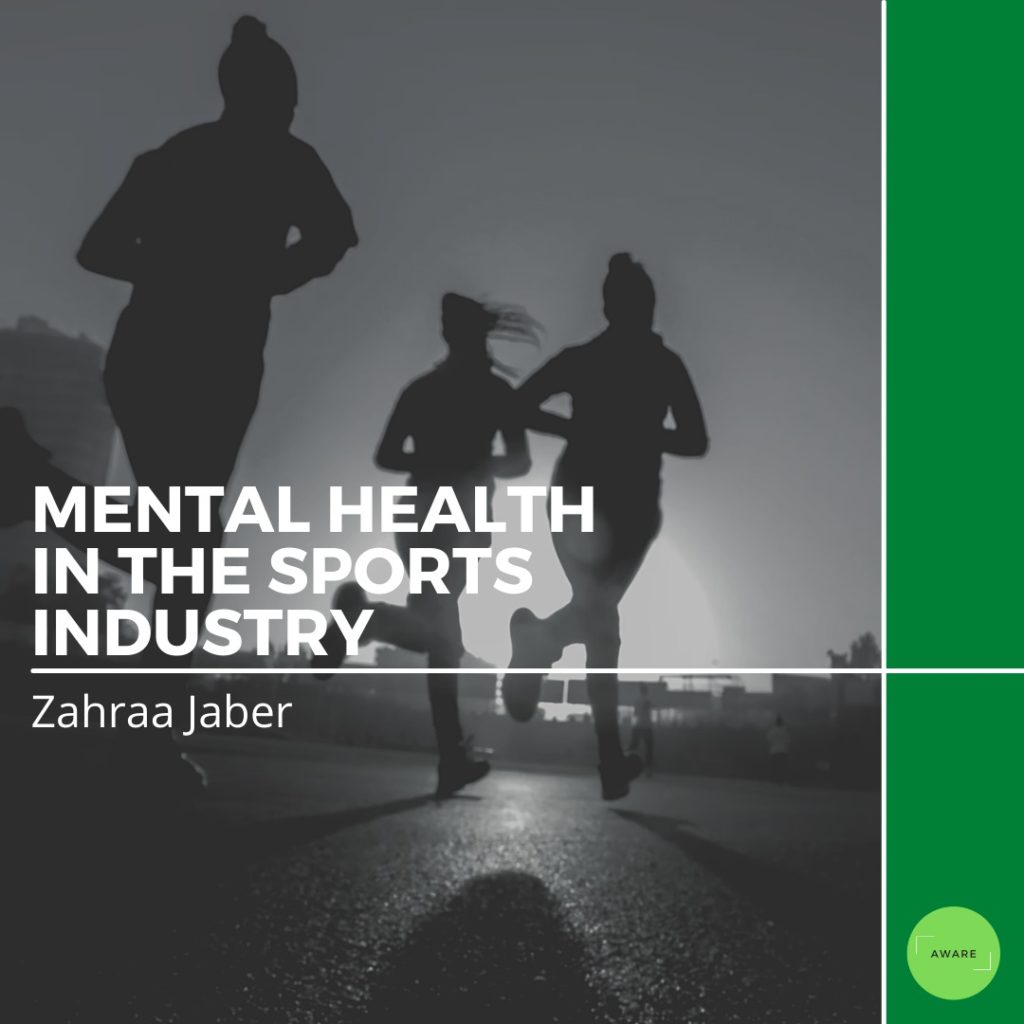Recent instances of high-profile athletes prioritizing their mental health, along with organized efforts from the sports industry, have triggered an important shift in the narrative of mental health in sports. Hiding your vulnerabilities can reinforce the stigma around mental health. Recovery is as important for mental health as it is for physical health.
Athletes and Mental Health
Millions of fans waited to watch them compete and see them hoist a trophy or a gold medal once again. Instead, they used that spotlight to say something few world-famous athletes have ever dared to say out loud, “I need to step away from this competition and focus on my mental health.” By doing so, gymnast Simone Biles, tennis player Naomi Osaka, basketball player Kevin Love, and a handful of others at the pinnacle of their athletic careers have helped accelerate a trend that is long overdue. By being open about what they were experiencing and not “toughing up” or stifling their feelings like generations of athletes have had to do, these icons did more than spare themselves injury or defeat.
With young adults, especially college athletes, the statistics are startling. 33% of all college students experience significant symptoms of depression, anxiety, or other mental health conditions. Among that group, only 30% seek help. However, of college athletes with mental health conditions, only 10% do. Among professional athletes, data shows that up to 35% of elite athletes suffer from a mental health crisis which may manifest as stress, eating disorders, burnout, or depression and anxiety. We are inspired by athletes such as Olympic swimmer Michael Phelps, USC Volleyball player Victoria Garrick, NBA player Kevin Love, and those who are telling their stories and inspiring others to seek help to support the cause.
How to Improve Your Mental Health as an Athlete
While it may seem scary, there are small steps you can take to help your mental health. Talk to your family, teammates, coaches, or support staff – someone who you feel comfortable sharing what is happening with you with. Make an appointment with a therapist or trusted medical professional to help you identify sources of stress and manage your symptoms. Create a self-care plan for yourself to make sure that you are setting aside time from training, academics, and pressures of daily life to do something for yourself each day – such as meditating, practicing yoga, taking a walk, listening to music, or walking your pet.
Having this increased conversation by athletes confirms that mental health issues affect everybody, including those we associate with being the strongest. It helps ordinary people speak up about their problems without the fear of being labeled as weak.
